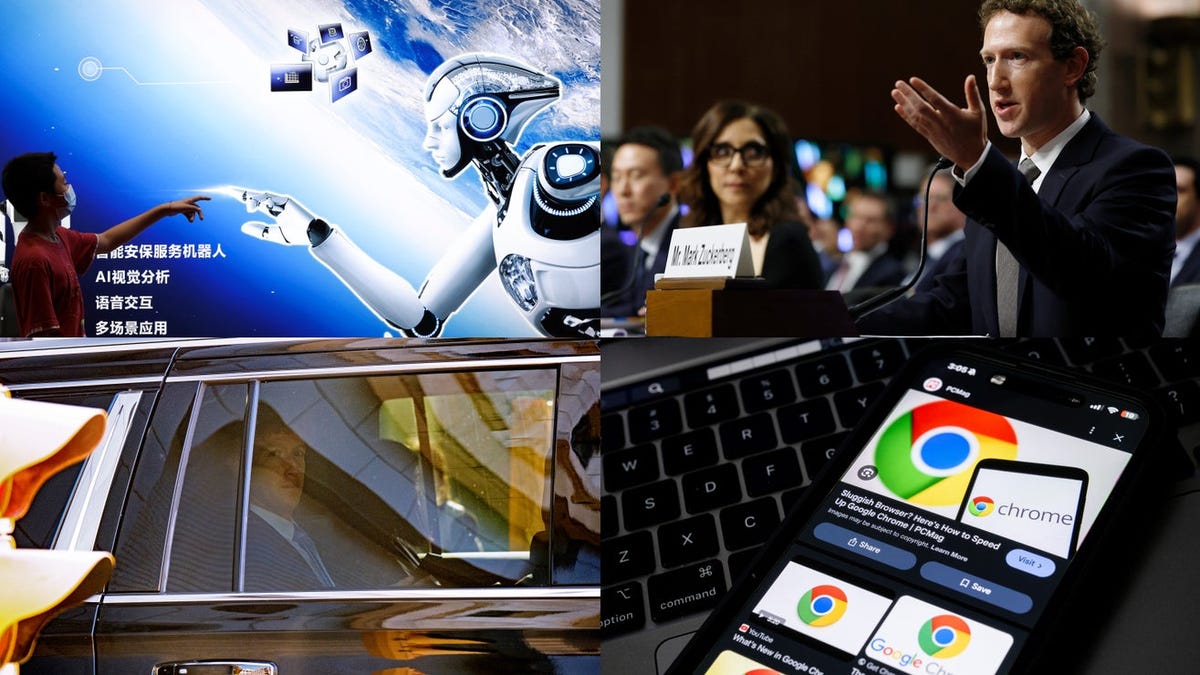This Top Quantum Computing Stock Nears $1 Billion in Signings
Quantum computing could be a big deal once the technology matures. BCG estimates that industry-wide quantum computing revenue could reach $170 billion sometime after 2040, with quantum hardware and software delivering as much as $850 billion of annual value for end users. Potential use cases include pharmaceutical drug discovery, finance simulation, logistics network optimization, and advertising optimization, to name a few.Quantum computing takes advantage of the probabilistic properties to quantum mechanics. While a traditional computing bit can be in one of two states at any given time, a quantum bit or qubit exists in some combination of two states. This property enables quantum computers to complete certain types of computations exponentially faster than traditional computers.While quantum computing has immense potential, the technology is not yet commercially viable. No one has built a quantum computer that's capable of solving a real-world problem faster than a traditional computer. One big problem is error correction. Qubits are fragile, and this fragility can introduce errors and completely derail a computation. BCG's estimates for the quantum computing industry after 2040 hinge on full-scale error correction being solved.Continue reading

Quantum computing could be a big deal once the technology matures. BCG estimates that industry-wide quantum computing revenue could reach $170 billion sometime after 2040, with quantum hardware and software delivering as much as $850 billion of annual value for end users. Potential use cases include pharmaceutical drug discovery, finance simulation, logistics network optimization, and advertising optimization, to name a few.
Quantum computing takes advantage of the probabilistic properties to quantum mechanics. While a traditional computing bit can be in one of two states at any given time, a quantum bit or qubit exists in some combination of two states. This property enables quantum computers to complete certain types of computations exponentially faster than traditional computers.
While quantum computing has immense potential, the technology is not yet commercially viable. No one has built a quantum computer that's capable of solving a real-world problem faster than a traditional computer. One big problem is error correction. Qubits are fragile, and this fragility can introduce errors and completely derail a computation. BCG's estimates for the quantum computing industry after 2040 hinge on full-scale error correction being solved.






























































































































































